Category: Emergency Plumbing Services in Eugene: What to Expect
Emergency Plumbing Services in Eugene: What to Expect
Introduction
In the face of unexpected plumbing disasters, whether it’s a burst pipe, a clogged drain, or a faulty water heater, residents and businesses in Eugene, Oregon, rely on efficient emergency plumbing services for prompt relief and restoration. This article delves into the comprehensive realm of emergency plumbing support, exploring its definition, global impact, economic implications, technological innovations, regulatory framework, challenges, successful case studies, and future prospects. By understanding these aspects, residents can make informed decisions when facing plumbing emergencies and businesses can better prepare for and manage such disruptions.
Understanding Emergency Plumbing Services in Eugene: What to Expect
Definition:
Emergency plumbing services refer to the rapid response and remediation offered by specialized plumbing contractors during unforeseen plumbing crises. These services are designed to minimize damage, ensure safety, and restore normal water supply and drainage systems as quickly as possible.
Core Components:
- Rapid Dispatch: Trained technicians are dispatched promptly upon receiving emergency calls, equipped with specialized tools and knowledge to handle a range of issues.
- Burst Pipe Repair: Experts swiftly assess and repair or replace damaged pipes to prevent further leakage and water damage.
- Clogged Drain Clearing: High-pressure hydro-jetting and other advanced techniques are employed to clear obstructions in drains, sewers, and main lines.
- Water Heater Emergency: Broken or malfunctioning water heaters are addressed immediately to provide hot water access without inconvenience.
- Backflow Prevention: Installations and maintenance of backflow devices ensure clean water supply by preventing contaminants from entering the main water source.
- Emergency Pumping: In cases of flooding, specialized pumps are used to remove excess water, minimizing structural damage.
Historical Context:
The concept of emergency plumbing services has evolved over time in response to increasing urbanization and complex plumbing infrastructures. Historically, most plumbing issues required non-emergency repairs, often scheduled around the contractors’ availability. However, with growing public awareness of the potential risks and consequences of water-related emergencies, there was a demand for quicker response times. This shift led to the development of dedicated emergency plumbing teams and the implementation of 24/7 service models.
Significance:
Emergency plumbing services play a critical role in several aspects:
- Property Preservation: Prompt action prevents extensive water damage, saving homeowners and businesses from costly repairs and replacement.
- Health and Safety: Quick response to issues like burst pipes or faulty water heaters ensures the safety of residents and minimizes health risks.
- Business Continuity: For commercial properties, emergency plumbing services ensure minimal downtime, maintaining business operations and customer satisfaction.
- Community Resilience: Effective emergency response contributes to a resilient community, fostering trust in local service providers.
Global Impact and Trends
International Influence:
Emergency plumbing services are not limited to Eugene or the United States; they are a global necessity. The demand for efficient emergency response varies across regions, shaped by factors such as climate, infrastructure development, and public awareness. For instance, countries with diverse weather patterns, like those in temperate zones, may experience higher call volumes during specific seasons due to freeze-thaw cycles affecting pipes.
Regional Trends:
- North America: The North American market has seen a rise in demand for 24/7 emergency services, driven by increasing urbanization and the growing need for quick response times.
- Europe: European countries have implemented stringent building codes and regulations, leading to more complex plumbing systems and higher expectations for emergency service providers.
- Asia Pacific: Rapid urban development in this region has led to intense competition among plumbing service providers, encouraging the adoption of advanced technologies and efficient dispatch systems.
- Latin America: Here, a focus on public awareness campaigns and community education is evident, empowering residents to handle minor issues and recognize the need for professional help during emergencies.
Economic Considerations
Market Dynamics:
The emergency plumbing services market exhibits unique characteristics:
- Seasonal Fluctuations: Call volumes often peak during specific seasons due to climate-related issues, creating seasonal demand patterns.
- Location-Based Variations: Urban areas typically experience higher call rates than rural regions due to denser populations and more complex plumbing systems.
- Competitive Landscape: The market is largely composed of small to medium-sized local businesses, with a few larger national chains. Competition drives innovation in service quality and pricing.
Investment Patterns:
- Equipment Upgrades: Companies invest in advanced tools and technologies, such as hydro-jetting machines, digital diagnostic tools, and GPS-enabled vehicles, to enhance efficiency and customer satisfaction.
- Workforce Development: Training programs for technicians are essential investments, ensuring they stay updated with the latest plumbing practices and safety protocols.
- Marketing and Outreach: Businesses allocate resources for public awareness campaigns and online marketing to attract new customers and retain existing ones.
Economic Impact:
Emergency plumbing services contribute significantly to local economies:
- Job Creation: They provide employment opportunities, from technicians and dispatchers to office staff and support personnel.
- Revenue Generation: The market generates substantial revenue, especially during peak seasons, supporting various businesses in the supply chain.
- Community Resilience: Efficient emergency services enhance the overall livability of cities, attracting new residents and businesses.
Technological Advancements
Innovations Shaping the Industry:
Technological advancements have revolutionized emergency plumbing services:
- Digital Dispatch Systems: Advanced software platforms optimize dispatch processes, enabling real-time tracking of technicians and efficient routing to minimize response times.
- Remote Diagnostics: Smartphone apps and digital sensors allow contractors to diagnose issues remotely, providing initial guidance to customers before on-site visits.
- Hydro-Jetting Technology: High-pressure water jets have become a standard tool for drain clearing, offering a non-invasive method to remove obstructions efficiently.
- Smart Plumbing Systems: The integration of Internet of Things (IoT) devices in plumbing infrastructure enables real-time monitoring and predictive maintenance, reducing the likelihood of emergencies.
Impact and Future Potential:
- Efficiency Improvement: Technologies like digital dispatch and remote diagnostics streamline operations, allowing technicians to spend more time on site solving problems rather than traveling.
- Customer Experience Enhancement: Smartphone apps provide customers with real-time updates on service status, empowering them to make informed decisions.
- Predictive Maintenance: IoT devices have the potential to anticipate issues before they become emergencies, significantly reducing call volumes and service costs.
- Environmental Benefits: Advanced drain clearing techniques and water conservation technologies contribute to sustainable plumbing practices.
Policy and Regulation
Key Policies and Regulations:
- Licensing and Certification: Plumbers and plumbing contractors must obtain licenses from local authorities, ensuring they meet specific training and safety standards.
- Building Codes: Local governments enforce building codes that dictate plumbing installation, maintenance, and repair practices, including emergency service requirements.
- Consumer Protection: Policies protect consumers from unfair pricing, requiring transparent billing and pricing structures.
- Environmental Regulations: Guidelines for water conservation and waste disposal ensure compliance with environmental standards.
Influence on Development:
Regulatory frameworks play a dual role in the industry:
- Safety and Quality Assurance: Licensing and certification ensure that emergency plumbing services maintain high safety standards, using approved materials and techniques.
- Market Competition: Building codes encourage innovation by setting minimum requirements, fostering a competitive environment that drives service improvements.
Challenges and Criticisms
Main Issues Faced:
- Rapid Growth of Complex Plumbing Systems: As buildings age and infrastructure expands, the complexity of plumbing systems increases, requiring technicians with specialized skills to handle diverse issues.
- Skill Shortage: The industry faces a shortage of trained plumbers, particularly in advanced areas like drain clearing and water heater repair, leading to longer wait times during peak periods.
- Unpredictable Call Volumes: Weather patterns, seasonal fluctuations, and public behavior can significantly impact call volumes, making it challenging for companies to staff and schedule resources effectively.
Proposed Solutions:
- Workforce Development Programs: Collaboration between industry associations, educational institutions, and local governments can enhance training programs, attracting more individuals into the profession and addressing skill gaps.
- Technology Adoption: Encouraging the use of advanced technologies, such as digital dispatch and hydro-jetting, can improve efficiency, reduce costs, and enhance customer satisfaction.
- Public Awareness Campaigns: Educating residents about basic plumbing maintenance and common issues can reduce non-emergency calls, allowing technicians to focus on critical cases.
Case Studies
Successful Applications and Lessons Learned:
Case Study 1: Eugene’s Winter Flooding Response (2020)
In a severe winter storm, heavy rainfall caused widespread flooding in Eugene, leading to numerous emergency plumbing calls. A local contractor, FastFlow Plumbing, implemented an innovative dispatch system that utilized real-time GPS data and weather forecasts. This enabled them to prioritize calls based on severity and location, ensuring swift response times. The company also coordinated with local authorities to open drainage channels, preventing further damage.
Key Takeaways:
- Advanced dispatch systems can optimize resource allocation during emergencies.
- Collaboration with other emergency services enhances overall crisis management.
- Proactive measures, like keeping drainage systems clear, significantly reduce post-disaster recovery efforts.
Case Study 2: Tech-Driven Drain Cleaning (2018)
PlumbPro, a national plumbing franchise, introduced hydro-jetting technology to their emergency services in several cities. This non-invasive method successfully cleared heavy buildup in main drains without damaging pipes. The company also launched a user-friendly app that allowed customers to schedule routine drain cleaning and track technician arrivals in real-time.
Lessons Learned:
- Hydro-jetting is an effective, environmentally friendly solution for drain clearing.
- Digital tools enhance the customer experience, fostering loyalty and repeat business.
- Regular, preventive maintenance reduces emergency call volumes.
Future Prospects
Emerging Trends and Growth Areas:
- Smart Plumbing Integration: The increasing adoption of IoT devices in plumbing infrastructure will lead to more predictive maintenance and enhanced monitoring capabilities.
- Digital Customer Engagement: Virtual reality (VR) and augmented reality (AR) technologies may be used for remote diagnostics and customer education, improving service accessibility.
- Sustainable Practices: There will be a greater focus on eco-friendly plumbing solutions, including water recycling systems and energy-efficient appliances.
- Telematics in Fleet Management: Advanced GPS tracking and telematics systems will optimize fleet operations, enabling real-time monitoring of technician locations and work progress.
Strategic Considerations:
- Workforce Development: Businesses should invest in training programs to address skill gaps and attract younger generations to the trade.
- Technology Partnerships: Collaborating with tech startups and innovation hubs can bring cutting-edge solutions to the industry.
- Community Engagement: Engaging with local schools and community centers to promote plumbing careers and public awareness is essential for long-term success.
Conclusion
“Emergency Plumbing Services in Eugene: What to Expect” offers a comprehensive overview of this critical sector, highlighting its global impact, economic significance, technological advancements, regulatory framework, challenges, and future prospects. By understanding these aspects, residents and businesses can better prepare for plumbing emergencies, ensuring swift and effective resolution. As technology continues to evolve and public expectations grow, the industry will adapt, providing innovative solutions that enhance safety, convenience, and sustainability.
FAQ Section
Q: What should I do if my water heater breaks during off-peak hours?
A: While emergency services are available 24/7, non-emergency repairs can often be scheduled at your convenience. Contact a local contractor to assess the issue and provide a solution that suits your needs.
Q: How can I prevent burst pipes in cold weather?
A: Insulate exposed pipes, especially in unheated areas like basements and garages. Consider using heat tape or pre-set thermostats to maintain pipe temperatures above freezing points. Regularly inspect for signs of corrosion or damage.
Q: Are there any environmental benefits to advanced drain cleaning technologies?
A: Yes, hydro-jetting and other modern techniques are more environmentally friendly than traditional methods, as they reduce the use of harsh chemicals and minimize soil disturbance during drainage clearing.
Q: How can I choose a reliable emergency plumbing service provider?
A: Look for companies with licensed and certified technicians, positive customer reviews, transparent pricing structures, and a proven track record of quick response times. Check online resources and local consumer protection agencies for recommendations.
Q: What should I do if my drain is clogged during a holiday weekend when services may be limited?
A: While emergency services are typically available on holidays, it’s wise to call in advance to confirm availability. In the meantime, you can try using safe, store-bought drain cleaners or contact a local plumber for non-emergency advice.
Fast On-Call Plumbers: Essential for Unforeseen Plumbing Emergencies

Plumbing emergencies are common and unpredictable, requiring immediate attention from a reliable on-…….
Fast Service: Emergency Tips for Quick Water Heater Repairs
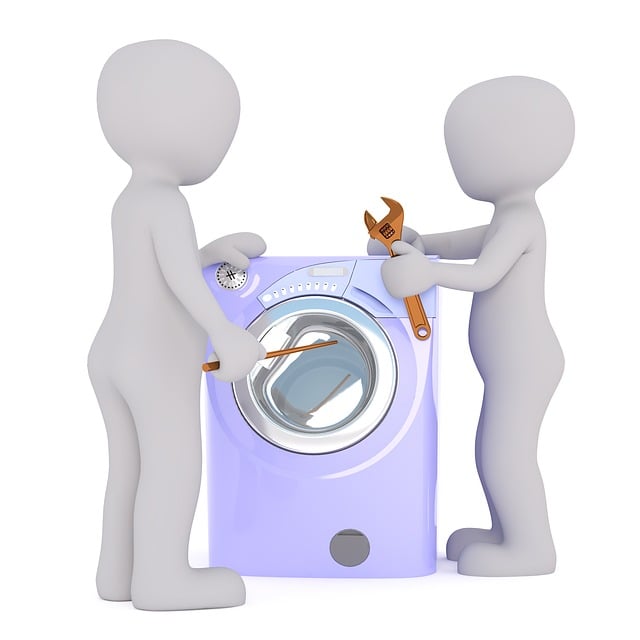
Water heater failures disrupt daily life; common issues include loss of hot water, leaks, and overhe…….
Rapid Sewer Backup Solutions: When to Call Experts & Preventive Strategies
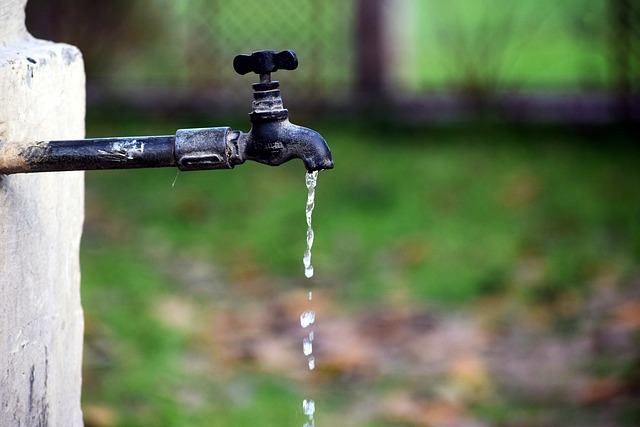
Sewer backups caused by root intrusions, grease buildup, or foreign objects pose significant risks t…….
Professional Plumbers: Unblocking Emergency Drain Issues Efficiently
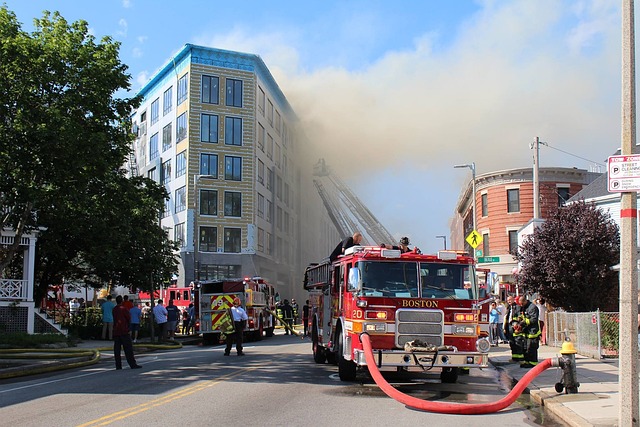
Clogged drains caused by debris or roots require prompt action from professional plumbers. They empl…….
24/7 Plumbing: Addressing Urgent Water Issues Promptly

Urgent water issues like burst pipes or low pressure necessitate immediate 24/7 plumbing services to…….
Fast Service: Why 24/7 Plumbing Availability is Crucial for Urgent Needs
Round-the-Clock Emergency Plumbers: Unlocking Peace of Mind for Urgent Repairs

Urgent plumbing issues like burst pipes, clogged drains, and leaking faucets require immediate atten…….
24/7 Plumber Preparedness: Mastering Urgent Repairs and Customer Service
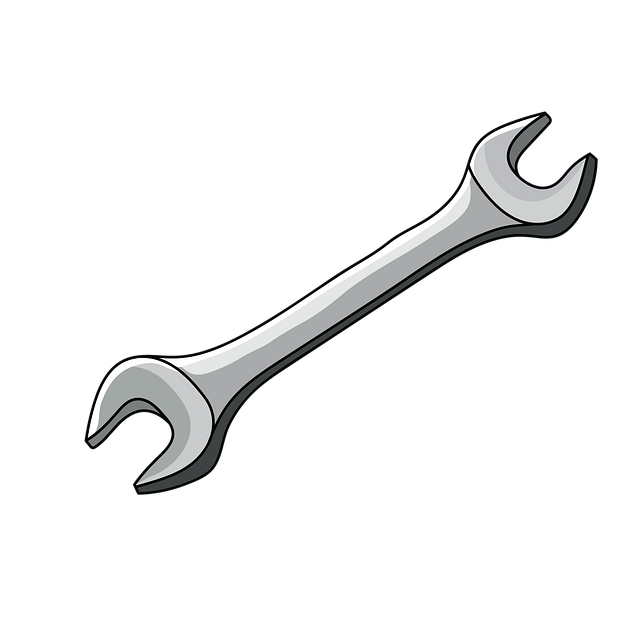
In unforeseen plumbing emergencies, immediate action from 24/7 emergency plumbers is crucial for pre…….
Swift Solutions for Urgent Sewer Repairs: Quick Fixes & Prevention
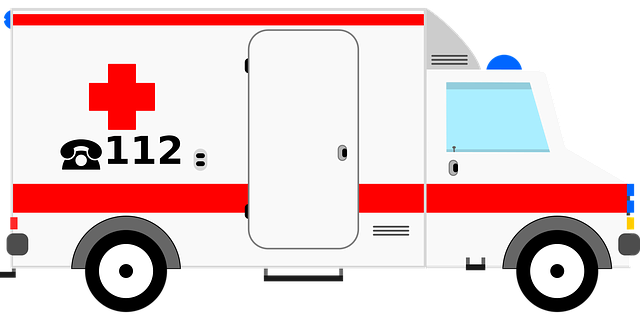
Sewer backups, caused by grease buildup, foreign objects, or tree roots, lead to foul odors, unsanit…….

